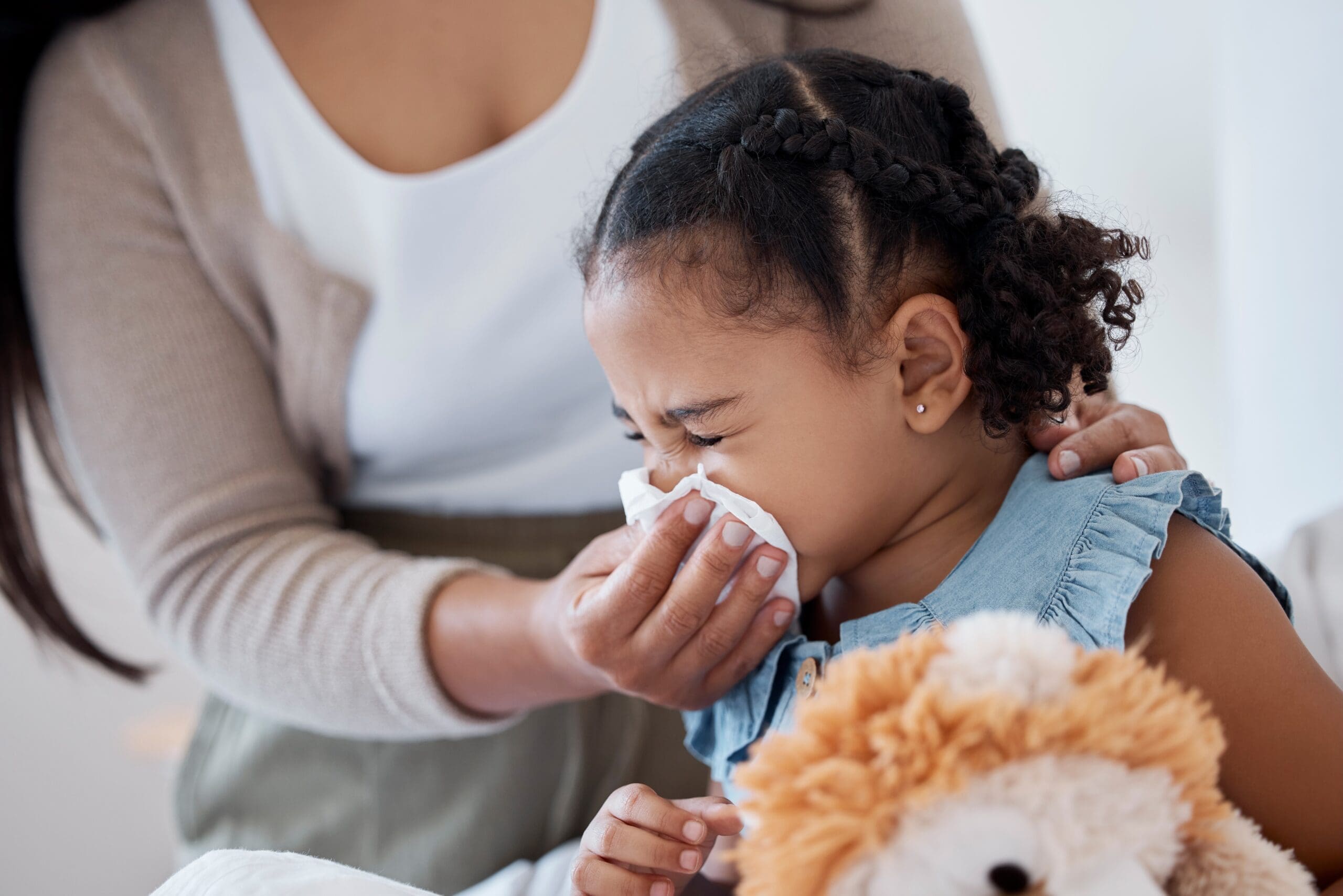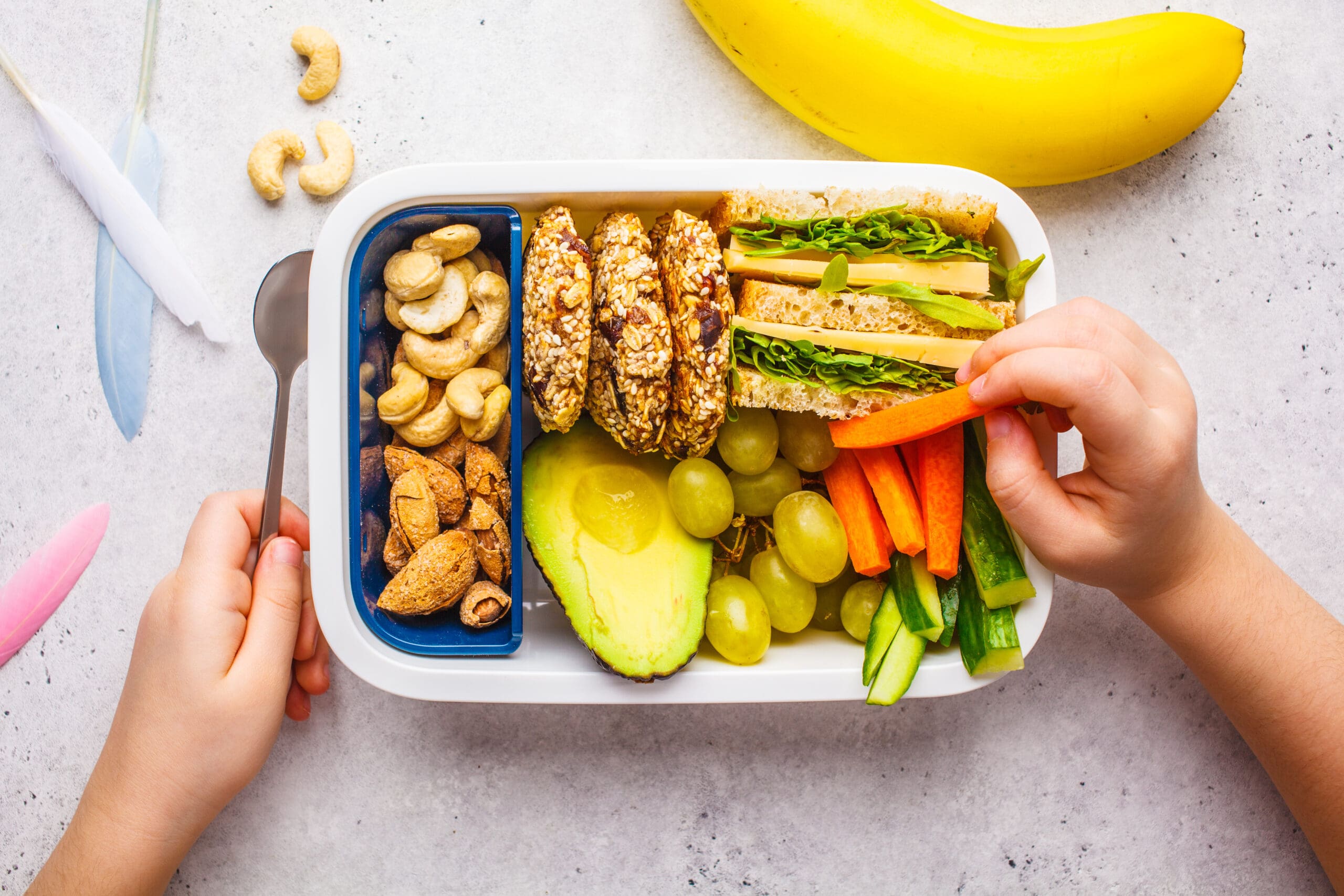Have you had COVID and not recovered?
By Dr Sandra Cabot
Most people who have COVID 19 get better within a few weeks, but between 10% and 30% of those infected do not recover fully and suffer significant ongoing disability that lasts for months and longer. Long COVID is also known as post-acute sequelae of COVID-19 (PASC). Symptoms can become chronic and there are quite a few neurological symptoms including loss of smell, cognitive impairment (foggy brain) and mood disorders. Other symptoms can include fatigue, shortness of breath and gut problems.
The high incidence of neurological symptoms is not surprising in light of new research published in the journal Nature that showed that COVID infection could shrink the size of the brain. The research study found that patients with lingering neurological symptoms had a one percent loss of brain volume. This was associated with memory loss, poor mood and loss of smell.
Viruses, including the SARS-CoV-2 virus that causes COVID 19 disease, can enter the brain via the olfactory nerves (smell nerves) that travel from the upper nasal cavities to the bottom of the brain. The SARS-CoV-2 virus can also enter the brain via the blood brain barrier.
People who have a past history of not handling viral infections well are more at risk of long COVID. For example, if you took a long time to recover from an infection with the glandular fever virus (Epstein Barr Virus) or you get very sick with the influenza virus, this means your immune system has trouble fighting off viruses and making them inactive. People with poorly controlled diabetes or fatty liver are also at risk of a longer recovery time from COVID. Additionally, people with low white blood cells on a blood test may be predisposed to long COVID.
What can you do to speed up recovery from COVID and other types of post viral syndrome?

- Try to make your diet as healthy as possible. Home cooked meals are ideal. Protein, natural fats and vegetables should be the focus. Warming meals like chicken soup, and garlic can help your immune system.
- Drink lots of warm fluids. This will help to keep mucus thinner, so it can be expelled from the lungs more easily. People who don’t drink enough fluids may cough for a longer period of time as mucus gets stuck.
- Do deep breathing exercises.
- Get more fresh air and gentle exercise to oxygenate the lungs, and try to spend some time in the sun for vitamin D.
Authorities are worried that as new mutations produce new variants of the Omicron virus the effectiveness of current vaccines will wane. Currently the Omicron SARS-CoV-2 virus has around 60 mutations and this will increase. These mutations make the virus more contagious but not more virulent. We do not have an Omicron specific vaccine.
The message is to nurture your own immune system with a healthy diet and the correct supplements. If you have long COVID, we would like to hear from you. Email us on contact@cabothealth.com.au.









Leave A Comment